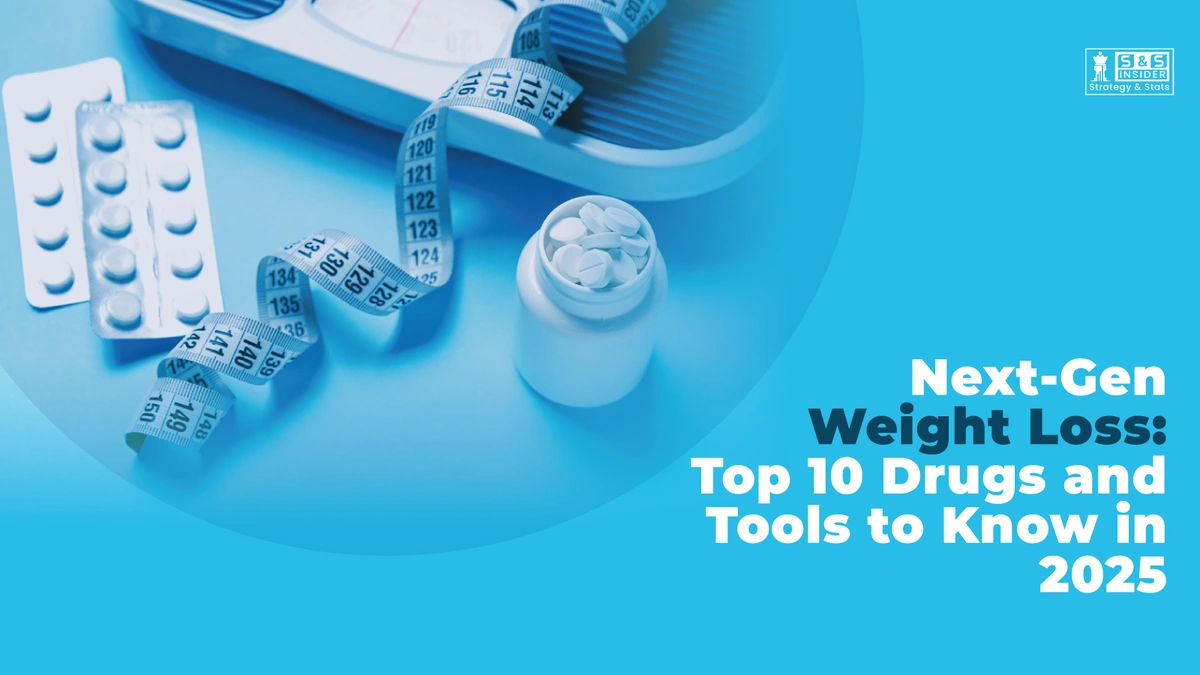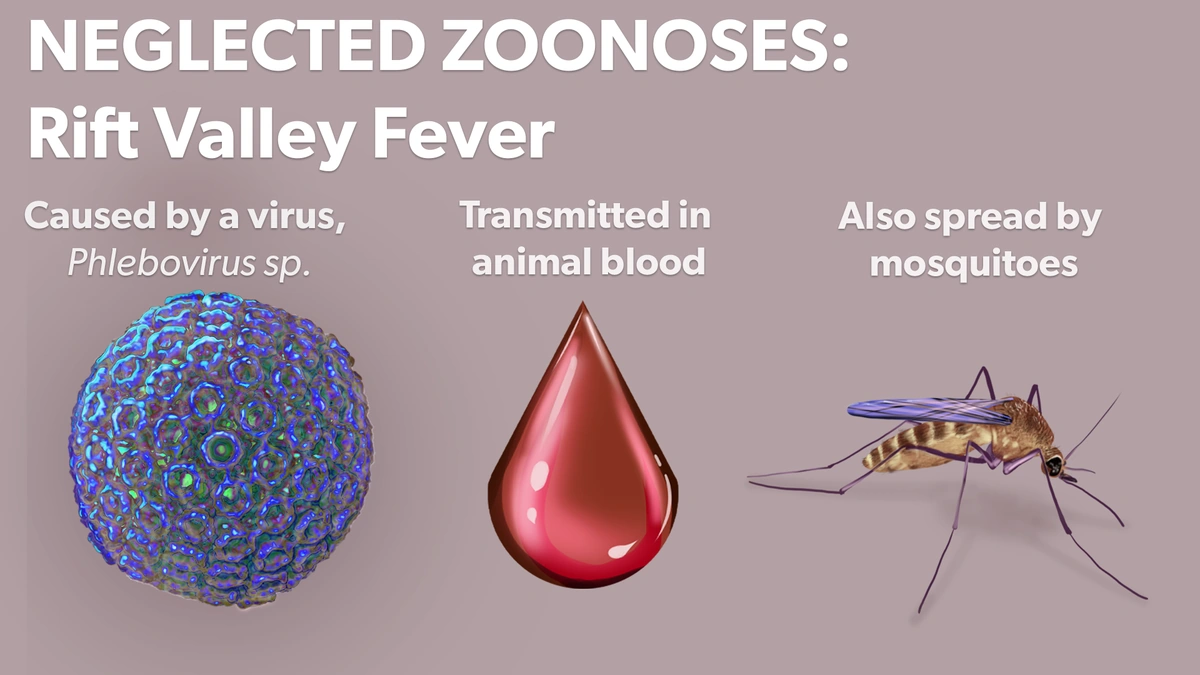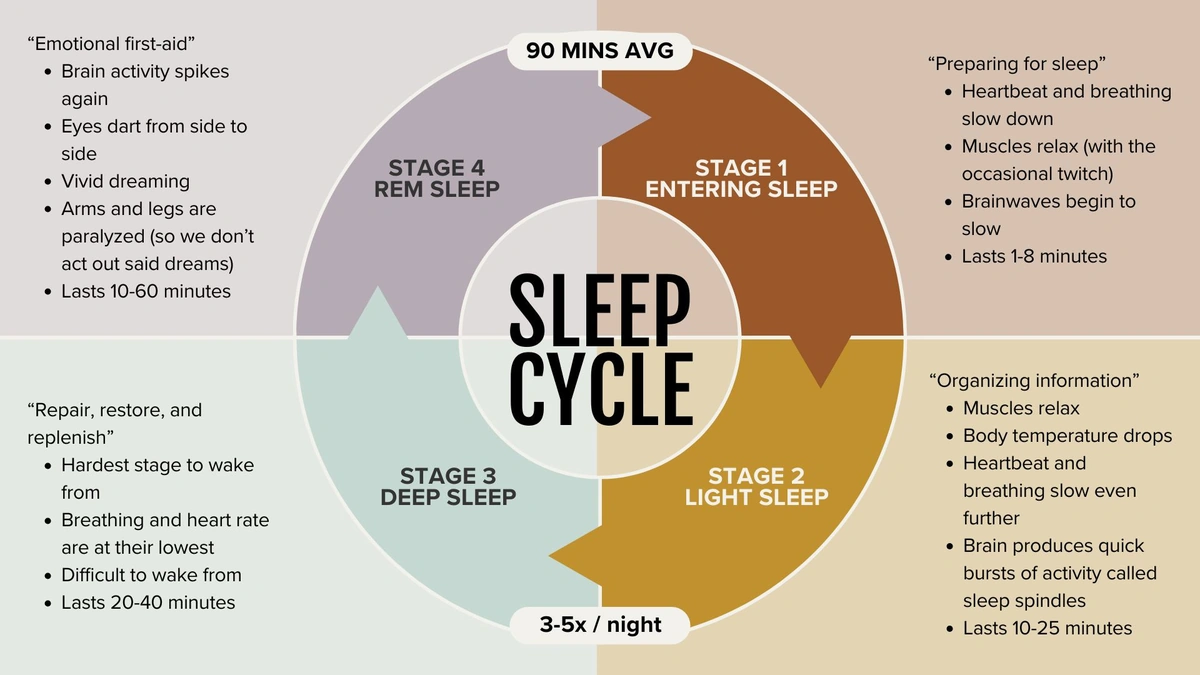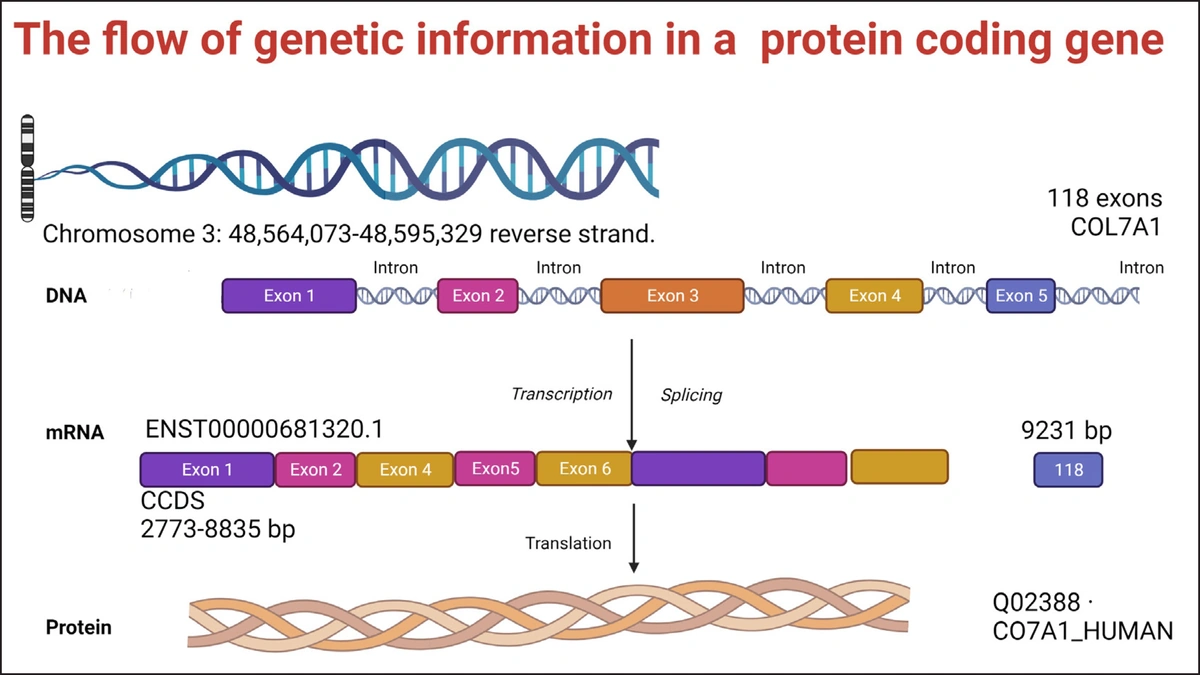Liver Disease Improvement Seen with Weight Loss Medications: Research
Okay, let’s be real. The words ” weight loss drugs ” can evoke a range of feelings, from hope to skepticism. But what if I told you that some research is pointing towards an unexpected, potentially life-changing benefit beyond just shedding kilos? We’re talking about improvements in liver disease. Yes, you read that right. This isn’t just about fitting into your old jeans; it’s potentially about a healthier liver.
Why This Matters | The Liver-Weight Connection
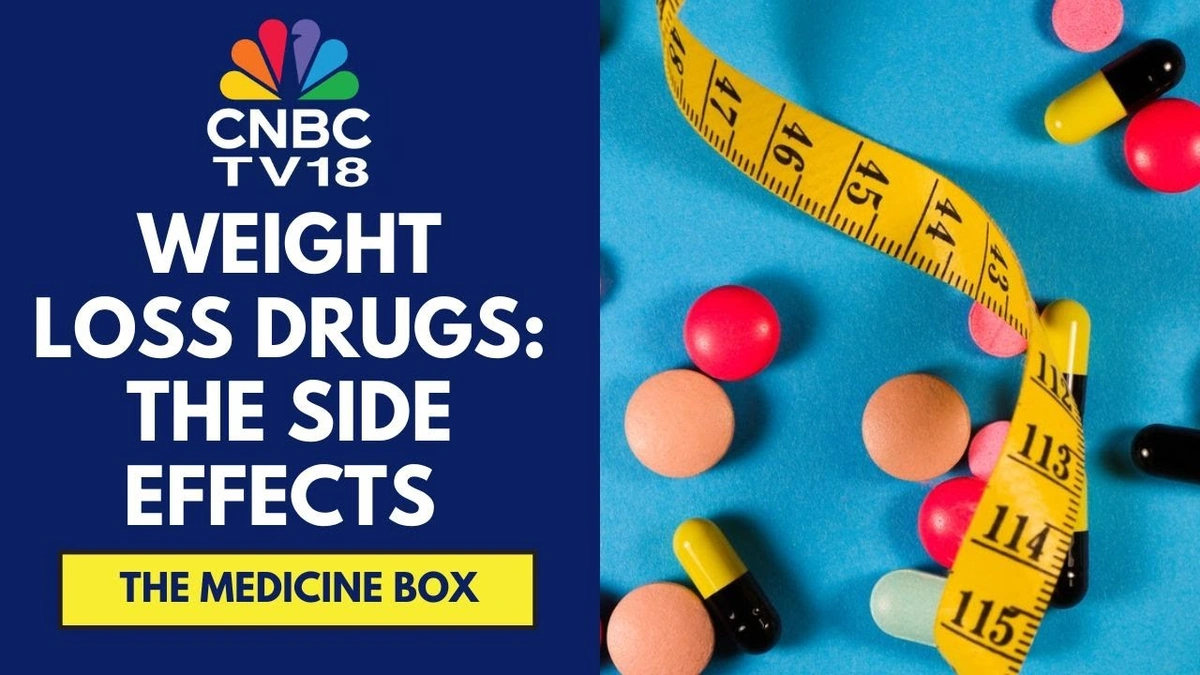
So, why is this such a big deal? Well, think about it. Our livers are like the unsung heroes of our bodies, constantly working to filter toxins, process nutrients, and keep us running smoothly. But, here’s the thing: being overweight or obese can put a significant strain on the liver, leading to conditions like non-alcoholic fatty liver disease (NAFLD) and its more severe form, non-alcoholic steatohepatitis (NASH). These conditions, if left unchecked, can progress to cirrhosis, liver failure, and even liver cancer. Scary stuff, right?
Weight loss , in general, has always been a recommended strategy for improving liver health in overweight individuals. But the idea that specific weight loss drugs could offer a more targeted and potentially more effective approach is what’s turning heads. I initially thought, “Okay, it’s just weight loss leading to improvement.” But it seems there’s more to the story, with certain medications perhaps directly impacting liver function beyond just reducing body weight. And, as we know, even modest weight reduction can have a huge positive impact on your health. The latest data shows a possible direct connection to better liver health .
How Weight Loss Drugs Might Help | A Deeper Dive
Here’s where it gets interesting. How exactly might these weight loss medications be contributing to liver health improvements? Let’s break it down. Firstly, many of these drugs work by targeting different pathways in the body that regulate appetite and metabolism. By helping individuals eat less and burn more calories, they facilitate weight reduction .
But beyond just the weight loss aspect, some of these medications may have additional mechanisms of action that directly benefit the liver. For instance, some drugs might help reduce inflammation in the liver, which is a key factor in the progression of NAFLD and NASH. Others might improve insulin sensitivity, which can also play a role in liver health. According to research published in the journal Hepatology, certain GLP-1 receptor agonists, a class of weight loss drugs , have shown promise in reducing liver fat and improving liver enzyme levels in patients with NASH. The National Institute of Diabetes and Digestive and Kidney Diseases (NIDDK) also provides valuable information on NAFLD and its management. Now, remember, this is still an area of active research, and we need more studies to fully understand the long-term effects and optimal use of these medications for liver health.
And, But, So, let’s talk about the elephant in the room: potential side effects. Like any medication, weight loss drugs can come with side effects, some of which can be serious. It’s crucial to have an open and honest conversation with your doctor about the potential risks and benefits before considering these medications. It’s also important to remember that lifestyle changes, such as diet and exercise, remain the cornerstone of managing liver disease and achieving sustainable weight reduction .
Navigating the Options | What to Discuss with Your Doctor
If you’re someone living with liver disease and struggling with weight management , this research might offer a glimmer of hope. But it’s essential to approach this information with a healthy dose of caution and to have a thorough discussion with your doctor. Here’s the thing: not all weight loss drugs are created equal, and what works for one person might not work for another. Your doctor can help you determine if these medications are appropriate for you based on your individual health profile, medical history, and liver disease severity.
When you talk to your doctor, be sure to ask about the potential benefits and risks of different weight loss drug options, as well as any potential interactions with other medications you might be taking. It’s also important to discuss the role of lifestyle changes in managing your liver health and achieving sustainable weight reduction . Remember, weight loss drugs should always be used in conjunction with a healthy diet and regular exercise, not as a quick fix. A common mistake I see people make is thinking that popping a pill will solve everything. It’s a tool, not a magic wand. Don’t forget to explore alternative weight lossoptions as well.
The Future of Liver Disease Treatment | A More Holistic Approach
What fascinates me is the potential for a more holistic approach to liver disease treatment. In the past, the focus has primarily been on managing the symptoms and complications of liver disease. But with the growing understanding of the link between weight, metabolism, and liver health, there’s an opportunity to address the underlying causes of the disease and promote overall well-being. This could involve a combination of lifestyle changes, medication, and other therapies tailored to the individual’s specific needs.
For instance, researchers are also exploring the potential of other interventions, such as bariatric surgery, to improve liver health in severely obese individuals with NAFLD and NASH. Additionally, there’s growing interest in the role of the gut microbiome in liver disease, with studies investigating the potential of probiotics and other gut-modulating therapies to improve liver function. This is more than just about weight loss drugs ; it’s about revolutionizing liver disease treatment .
The key takeaway here? This research is promising, but it’s still early days. We need more studies to confirm these findings and to fully understand the long-term effects of weight loss drugs on liver health. In the meantime, focus on what you can control: adopt a healthy lifestyle, maintain a healthy weight, and work closely with your doctor to manage your liver health. Remember, your liver is your friend, so treat it with kindness and respect.
FAQ Section
Are these weight loss drugs a cure for liver disease?
No, these drugs are not a cure. They may help improve liver health by promoting weight reduction and reducing inflammation, but they don’t address the underlying causes of the disease.
What are the potential side effects of these medications?
Side effects can vary depending on the specific medication but may include nausea, vomiting, diarrhea, constipation, and abdominal pain. Some drugs may also have more serious side effects, so it’s crucial to discuss the risks and benefits with your doctor.
Can I take these drugs if I have other medical conditions?
It depends on your specific medical conditions and the medications you’re currently taking. Your doctor can help you determine if these drugs are safe and appropriate for you.
Do I still need to make lifestyle changes if I take these medications?
Yes, lifestyle changes, such as a healthy diet and regular exercise, are essential for managing liver disease and achieving sustainable weight reduction . Weight loss drugs should always be used in conjunction with lifestyle modifications.
Where can I find more information about liver disease?
You can find more information about liver disease from reputable sources such as the American Liver Foundation and the National Institute of Diabetes and Digestive and Kidney Diseases (NIDDK).
